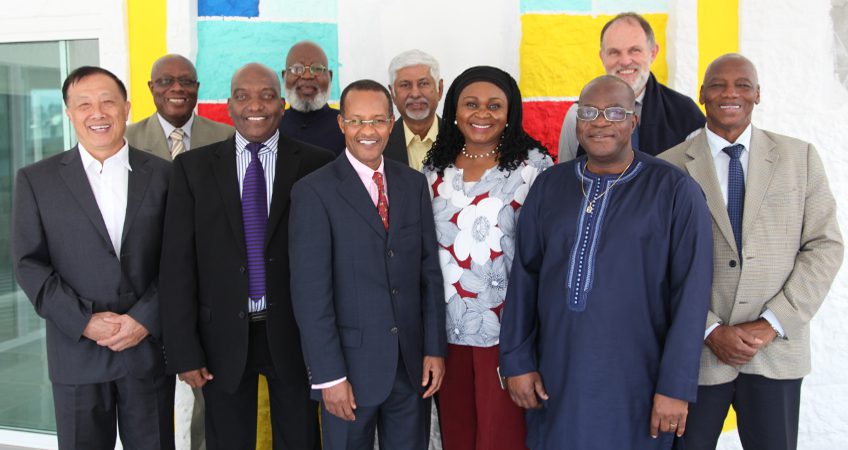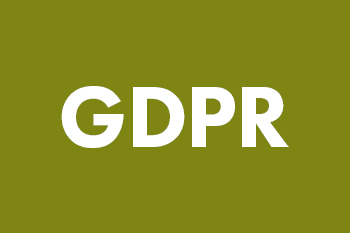AfricaSeeds held its fourth Governing Board meeting on 28 and 29 November 2017 in Abidjan, to gather directions for the institution’s affairs and set priorities for 2018 activities. The majority of the Board members attended.
A new member, Prof Zhikang Li from the Chinese Academy of Agricultural Sciences (CAAS), bringing to the table his wealth of experience in plant breeding and agriculture development, as well as a dense network of prestigious collaborators, was warmly welcomed.
The meeting continued with the Executive Director’s detailed report on institution’s activities of the year 2017. The subsequent discussions covered a range of topics, from institutional building efforts, effective partnership development, to the critical challenges that the African agricultural sector will be facing in the years to come. In particular, following up on the focus on youth and migration by the fifth African Union-European Union summit held on 29 and 30 November 2017 in Abidjan, members highlighted the key role that a strong seed sector could play in job creation for youth and women. Board members spent some time discussing how to enable AfricaSeeds playing an active role in contributing towards a more sustainable seed sector.
In that light, Board members highly appreciated the significant progress achieved by AfricaSeeds in 2017 with very limited resources available. They also commended AfricaSeeds’ management for its efforts to remobilize Member States’ support to the organization, as well as to seek effective partnerships with different actors of the seed sector in Africa.
In particular, the intensification of dialogue with Member States and the proactive interactions with influential international institutions such as FAO, IFAD, ISSD Africa and CORAF, have allowed AfricaSeeds to gain overwhelming recognition as a leading African seed organization in fora far and wide. For the Board members, it was reassuring to note that more and more, partners are recognizing AfricaSeeds for its unique role of promoting, coordinating, advocating and building capacities for more sustainable seed systems in Africa. The Board recommended that these efforts be pursued further.
The year ahead
In firming up its position and finding its niche, AfricaSeeds is aware of the importance of creating and maintaining healthy and effective relationships with bilateral donors. One example of this emphasis is the linkage established with the Swiss Cooperation for the development of a seed knowledge gateway project by AfricaSeeds. In that context, Mr Manuel Flury, Co-Head of the Swiss Global Programme Food Security, and also member of AfricaSeeds’ Governing since 2014, made the following statement: “I am pleased to confirm that my Department intends to initiate long-lasting relationships with organizations that are able to deliver food and nutrition security on the continent, and AfricaSeeds is currently undergoing in-depth scrutiny as a good candidate towards this goal”.
Dr Janet Edeme, representative of the African Union Commission (AUC) said “AfricaSeeds can count on the African Union’s steadfast support to solidify its presence and expand its institutional outreach”. Dr Edeme reiterated the importance of continuous communication between AfricaSeeds and AUC to facilitate dialogue with Member States and Regional Economic Communities. “I am also looking into possibilities of funding by the African Union for our two key continental seed institutions, namely AfricaSeeds and the Forum for African Seed Testing (FAST)”, she added.
The closing session of the Board meeting provided an opportunity to acknowledge the critical contribution by the outgoing Board Chairman Patrick Ngwediagi who had reached the end of its term. He ensured that he will continue to serve as a Board member and to unwaveringly support AfricaSeeds. The newly appointed Chairman, Dr Adama Traore, was urged to consolidate what has been initiated by his predecessor, in order to enable the organization to play its assigned role and contribute effectively to the achievement of seed security in Africa.

